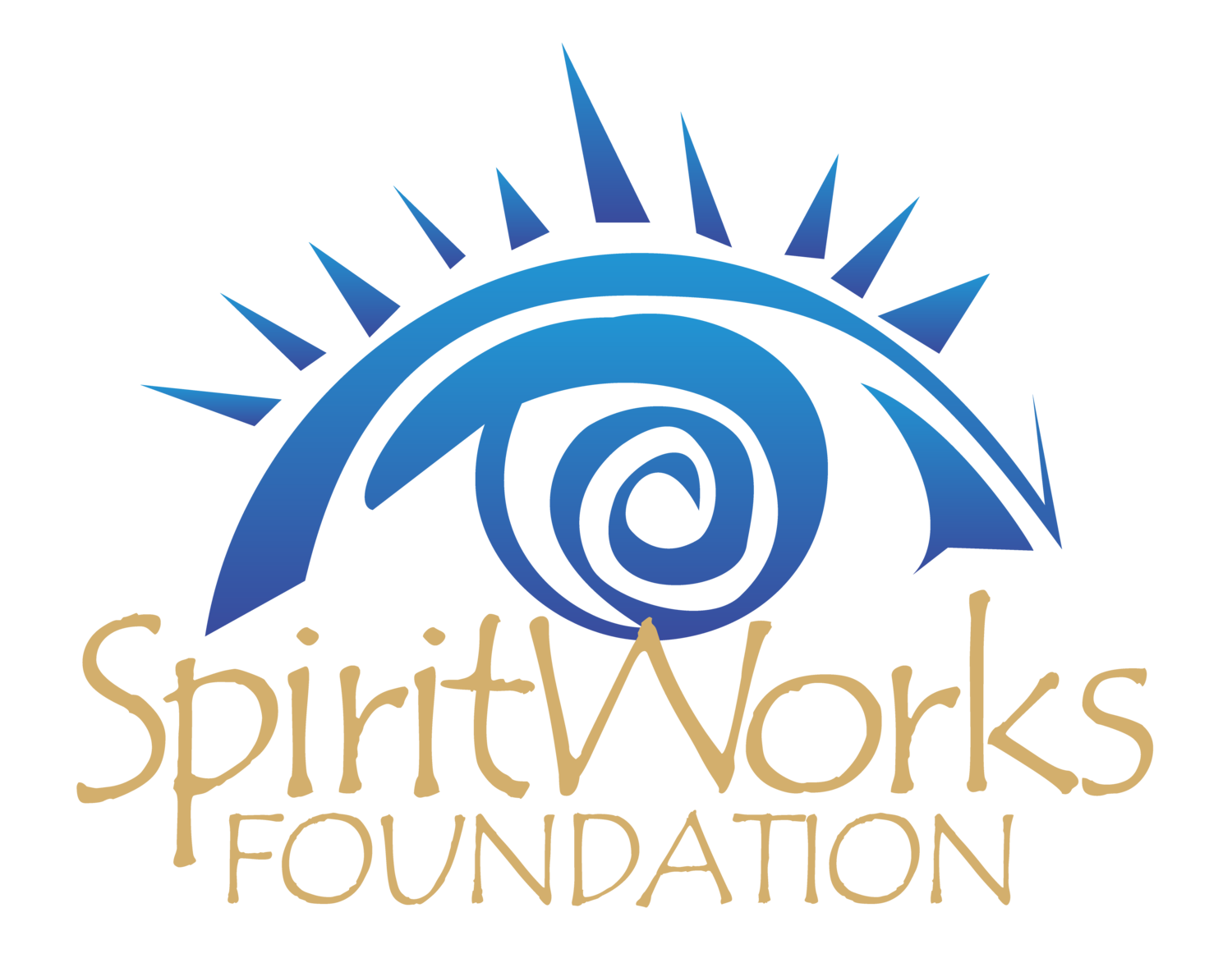
Share Your Story
Your personal story can be very powerful. The way that stories are shared among those in recovery may not resonate with the general public because frequently they focus on your periods of active addiction. Practice and training can help you learn the most important points to make and the language that will get your story across. Focus on recovery and on barriers that prevent people from getting treatment and sustaining their recovery.
Here are a few guidelines
Make it personal.
Keep your story simple and in the present tense, so that it’s real and understandable.
Help people understand that recovery means that you, or the person that you are writing about, are no longer using alcohol or other drugs. You can do this by saying “long-term recovery,” talking about stability and mentioning the length of time that you or that person have been in recovery.
Talk about your recovery, not your addiction.
Help people understand that there’s more to recovery than not using alcohol or other drugs, and that part of recovery is creating a better life.
Where should I speak out?
Start by talking with one other person, a friend or neighbor or a small group. As you become more comfortable, expand your audience. As you gain more experience, you may want to speak publicly or privately with your city council, state legislators or other public officials.
How can I advocate if I’m uncomfortable speaking publicly?
There are many ways to support recovery! You can write letters to your local newspaper responding to an article: or submit an Op-Ed piece on topics like expanding insurance coverage for treatment or making recovery housing available to people newly in recovery. Write to or visit your elected officials. Policy makers often relate best to real, human stories of their constituents and your story will help them understand how policies impact people who are rebuilding their lives.
Speaking Opportunities
We invite individuals living in recovery from addictions serve as speakers in the community on issues related to addiction and recovery. Speakers are available to present at various types of events to diverse audiences, including schools, faith-based organizations, the media, the legal and medical communities, and others. The Speakers Bureau provides input from people with personal experience on issues related to substance use, addiction, alcoholism and recovery.
We believe that through effective messaging we can eliminate shame and secrecy, challenge deeply rooted social stigmas, and facilitate a positive conversation around addiction and recovery in our community.
